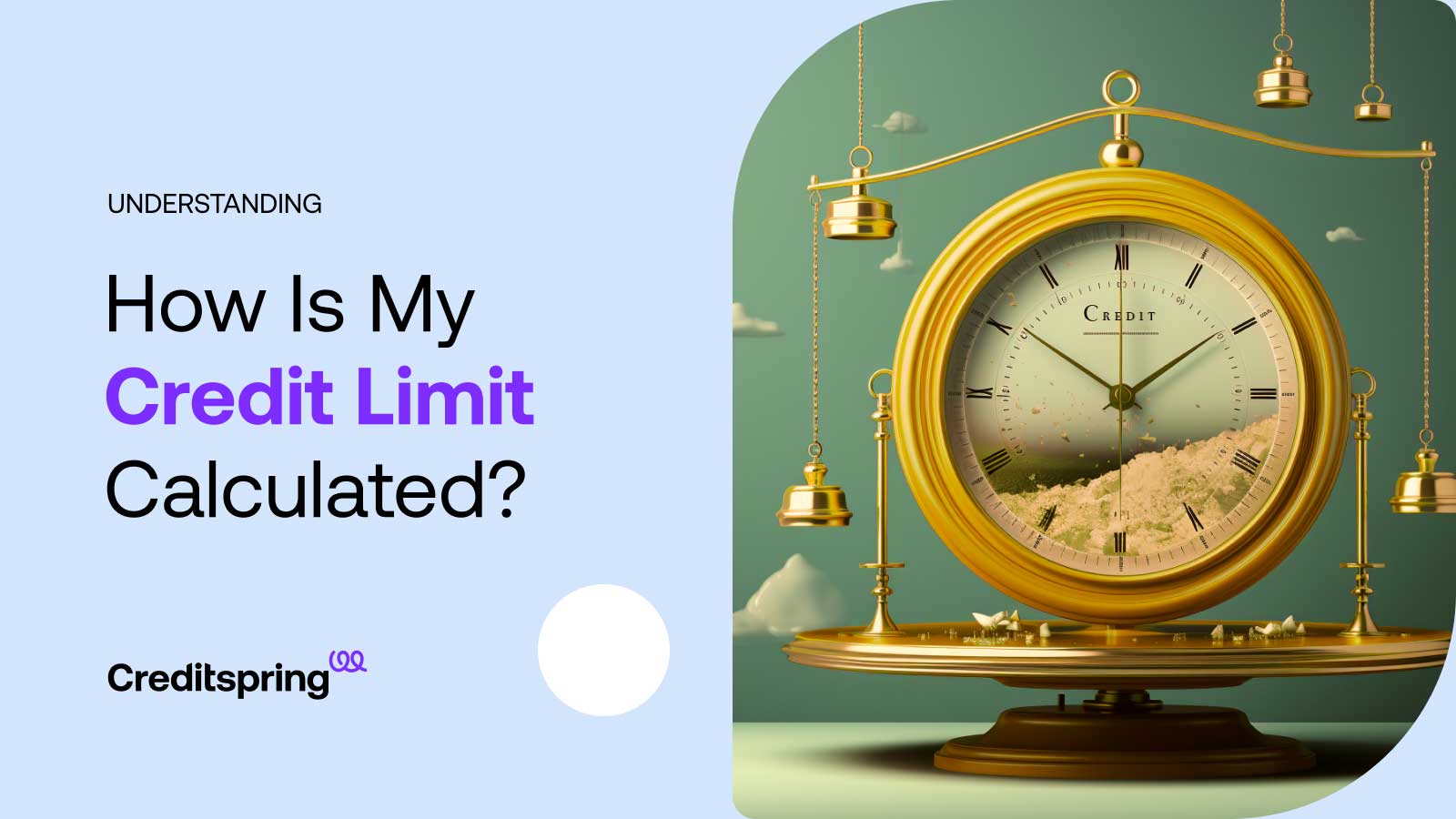

Credit limits are often a source of confusion for consumers. How is your credit limit calculated? And why does it seem to fluctuate?
This blog post will discuss how credit limits are calculated and what factors can influence them. We'll also provide tips on managing your credit limit and making the most of it.
Several factors, including your credit score, credit history and income, determine credit limits.
Your credit score plays a major role in how lenders determine how much you can borrow. Most credit scores range from 0 to 1000, depending on the credit reference agency, and the higher your credit score is the more likely you are to be approved for a higher credit limit.
If you have a good credit score, then you'll be able to get a higher credit card limit without much hassle.
However, if your credit score is lower, you may need to provide additional documentation to prove your ability to repay the debt.
Lenders will look at your past borrowing and repayment history to understand how likely you are to repay a new loan or line of credit.
If you have a history of making late payments or defaulting on loans, you may be less likely to be approved for a high credit limit.
On the other hand, if you have a good history of repaying debt on time, you may be approved for a higher limit.
Income is also taken into consideration when determining your credit limit. Credit card companies want to see that you have enough income coming in to cover your debts and other expenses.
If you have a low income or are unemployed, you may be less likely to be approved for a high credit limit. However, if you can show that you have a reliable income and can make regular payments on time, you may still be approved.
Finally, your debts can also affect your credit limit. If you have a lot of outstanding debt, lenders may be hesitant to extend too much additional credit to you.
This is because credit card issuers view you as a higher-risk borrower and may be concerned about you defaulting on any new loans or lines of credit.
You can do a few things to try to improve your credit card limit.
First, ask your credit card issuer for a higher limit. This is especially likely to be successful with a history of responsible credit use with that issuer.
You may also be able to get a credit limit increase by transferring balances from other cards onto your existing card.
Second, you can work on improving your credit score. A higher score indicates to issuers that you're a lower-risk borrower, which could lead to them approving you for a higher limit.
You can improve your score by paying your bills on time, keeping your credit utilisation low, and maintaining a mix of different types of credit accounts.
There are a few different factors that go into calculating your credit limit, including your income, credit score, and debts.
While there's no one-size-fits-all answer to this question, understanding how your credit limit is calculated can help you better manage your finances and avoid maxing out your credit card.